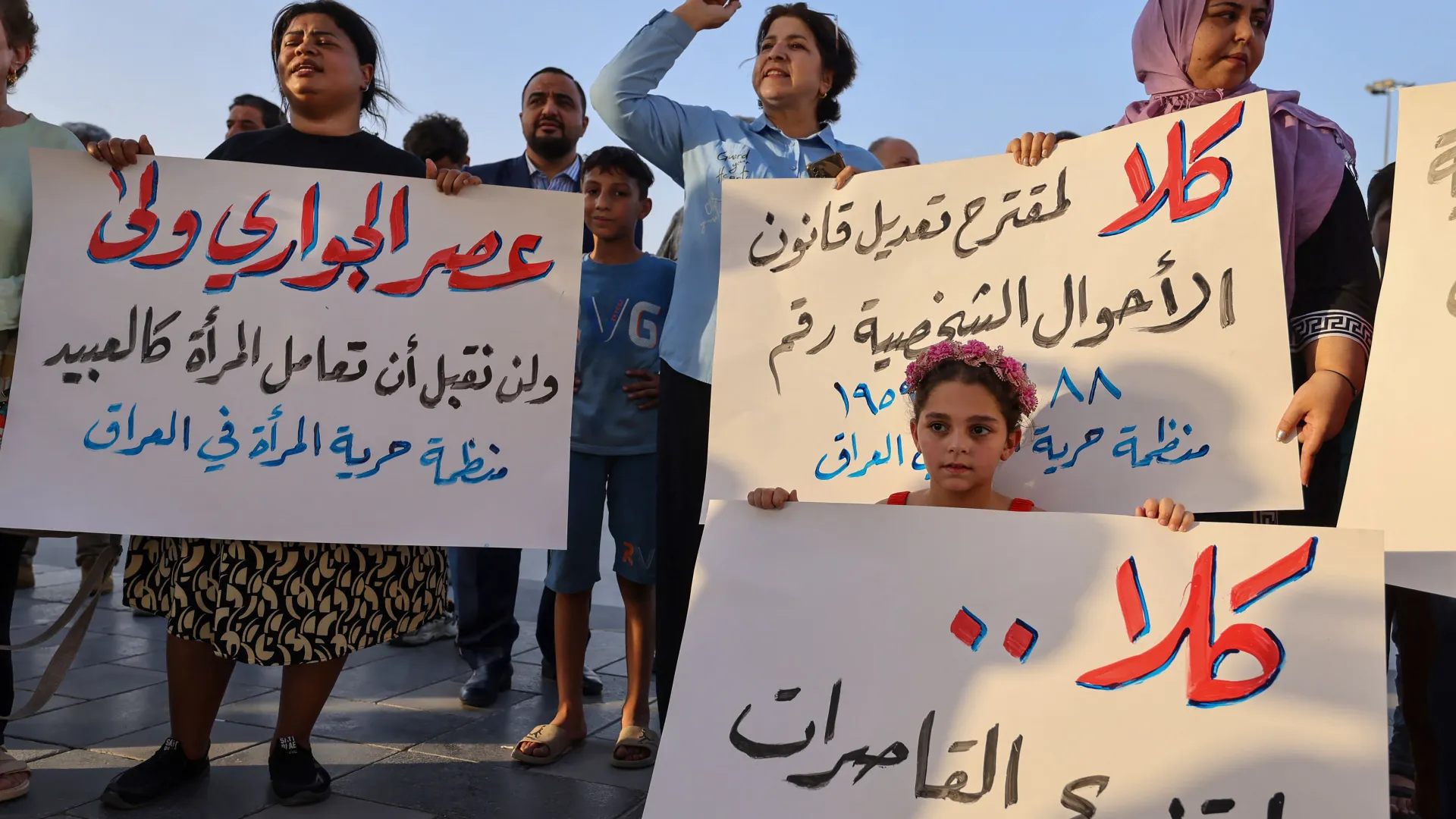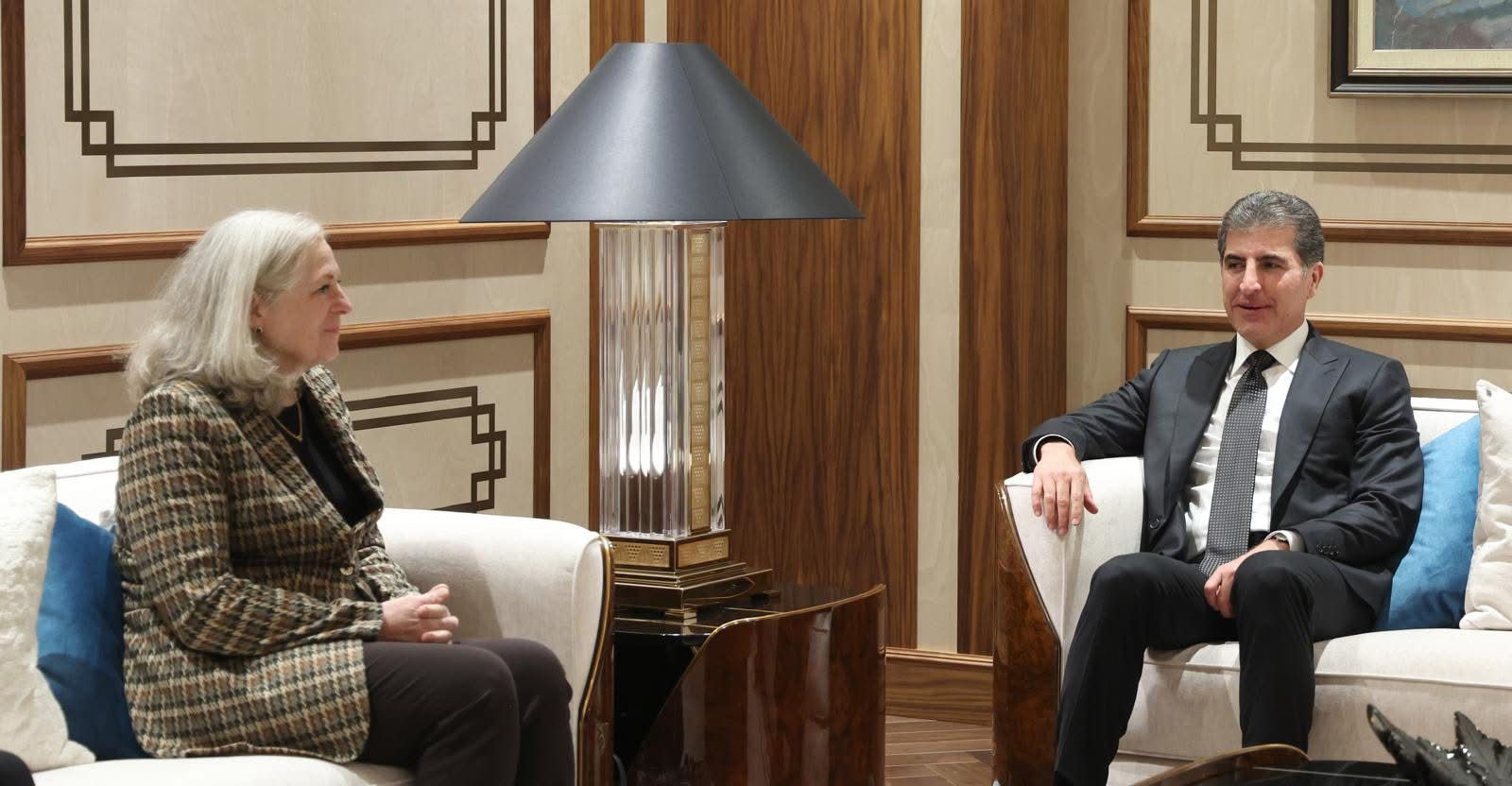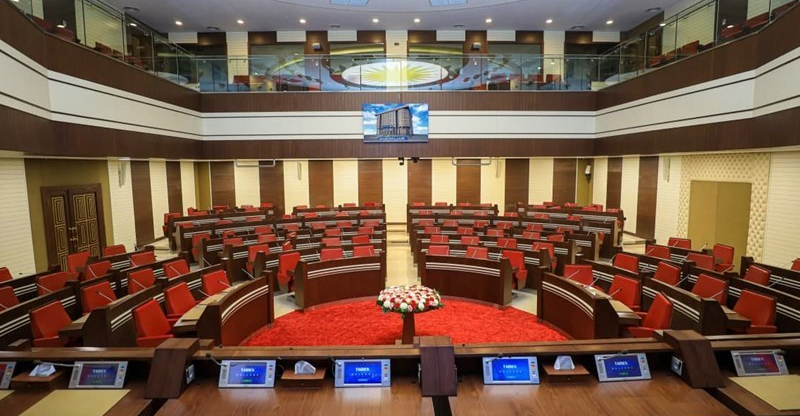Iraq's Personal Status Law amendments spark debate on Western influence

Shafaq News/ Proposed amendments to Iraq’s Personal Status Law have ignited a debate about the country’s shift away from Western influence and its alignment with domestic values.
Critics argue that the changes could represent a significant regression in women’s and children’s rights, as well as exacerbate social and sectarian divisions.
According to a report by Deutsche Welle, the amendments are seen by some as a move away from Iraq's relatively liberal Personal Status Law compared to other Middle Eastern countries, where religious doctrines more heavily influence legal systems. The current law, enacted in 1959, is noted for its comparatively secular nature.
The proposed changes come amid concerns that they could lead to an increase in early marriages. The United Nations has reported that one-third of Iraqi women marry before the age of 18. Activists worry that the new amendments might undermine progress in women's rights and exacerbate existing social tensions.
Historically, attempts to amend the Personal Status Law in 2003, 2005, 2014, and 2017 failed to materialize. However, experts suggest that the current attempt may succeed due to a political deal between Sunni and Shiite factions in Parliament over the Amnesty Law.
Renad Mansour, a researcher at the British think tank Chatham House, noted that past leaders managed to delay such issues behind the scenes, but the current political climate might make this amendment more likely to succeed.
The proposed amendments come at a time when Iraq appears to be distancing itself from Western influence. Recent developments include the withdrawal of the United Nations Assistance Mission for Iraq (UNAMI), the end of the UN investigative mission into ISIS crimes, and recent oil bids that excluded Western companies.
Hamza Haddad from the European Council on Foreign Relations suggested that this shift should not be viewed as a loss of Western influence but rather as Iraq's attempt to reassert its sovereignty. He argued that no country welcomes foreign military presence and that Iraq’s political class is using these legal changes to bolster its ideological legitimacy amid ongoing public dissatisfaction with basic services.
Mansour agreed, noting that the political elite might be using these legislative changes to divert attention from their failures in providing essential services. He argued that these moves reflect an effort to reclaim ideological legitimacy among their constituencies, emphasizing Iraq’s sovereignty and reduced dependence on international oversight.
Haddad added that while these changes are being framed as a reaffirmation of sovereignty, behind closed doors, politicians are negotiating security agreements with the United States. He contended that the end of the UN mission does not signify the end of international organizations' roles in Iraq.






